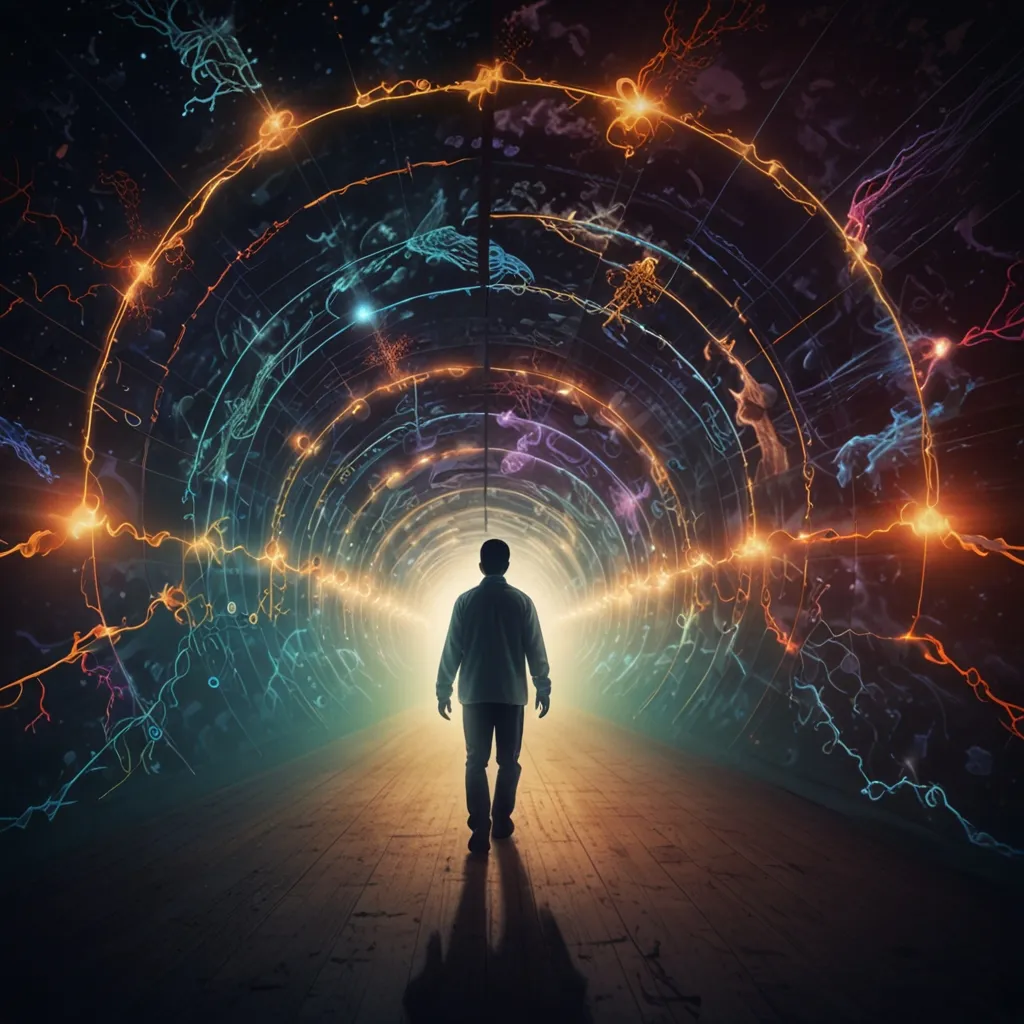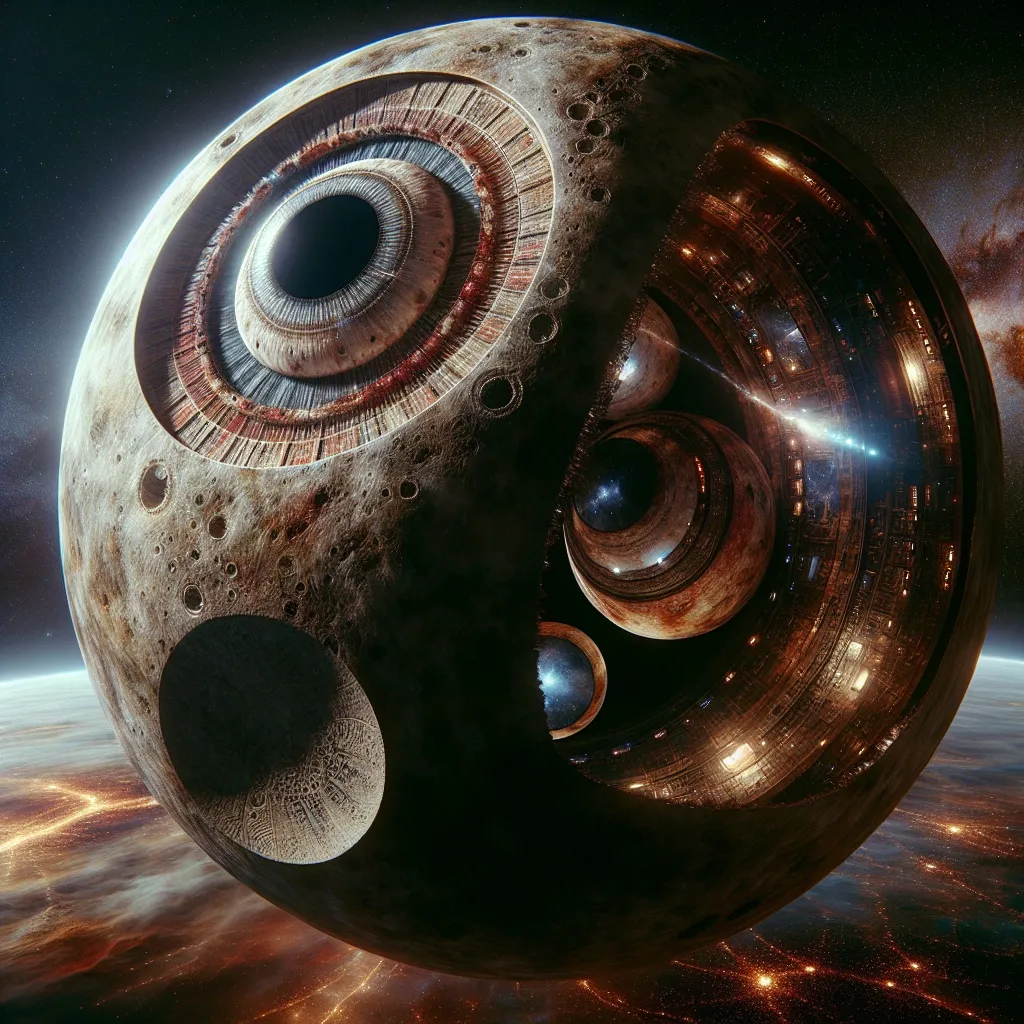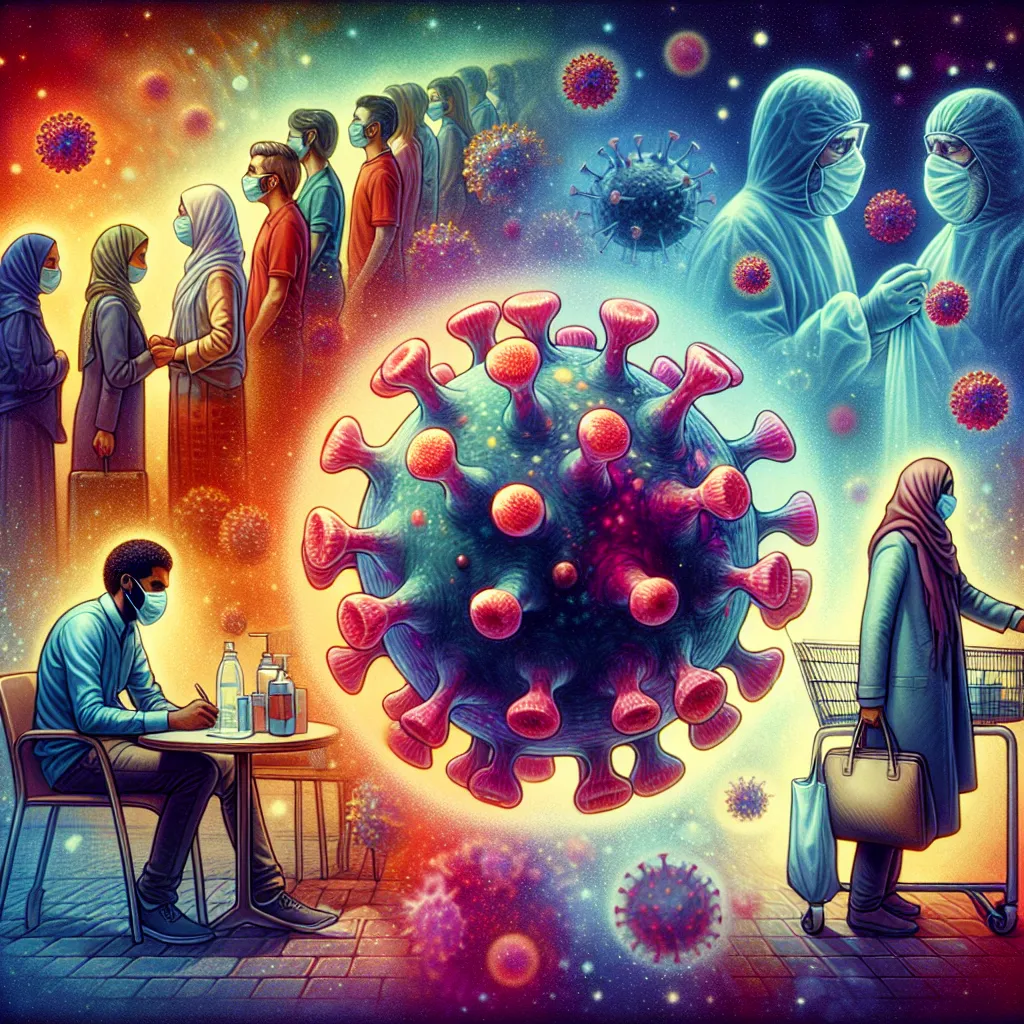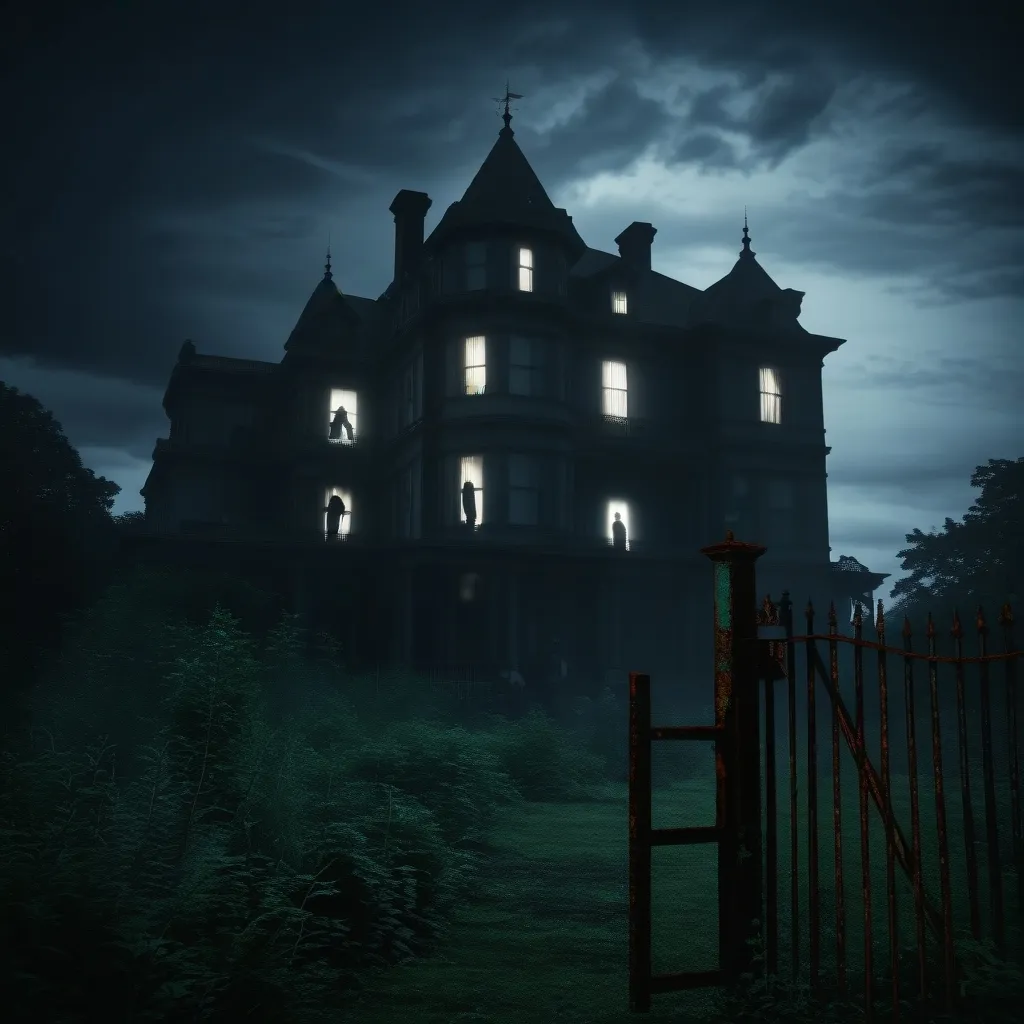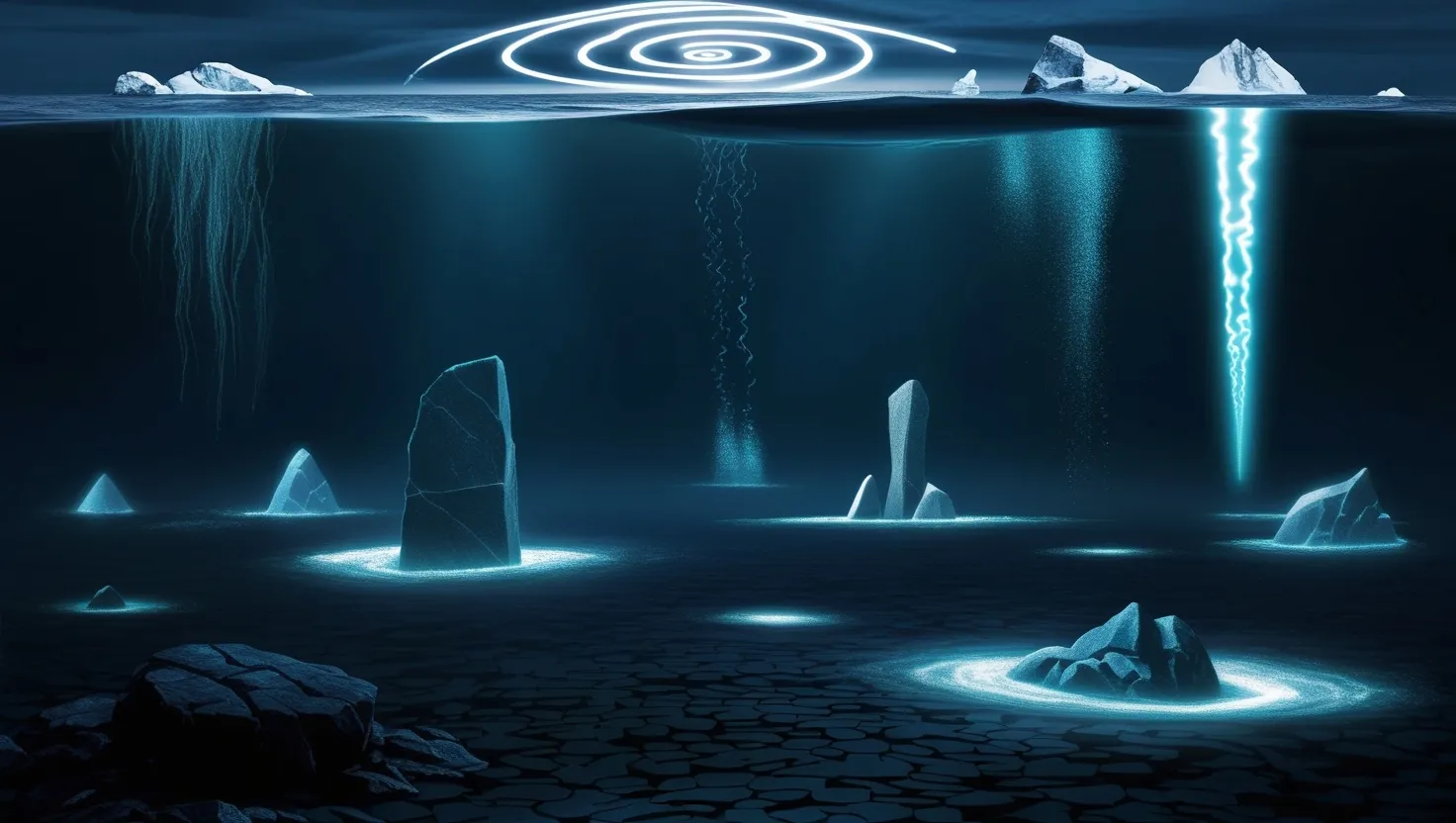Ever thought that everything around you might be an illusion? Some folks believe we might be living in a computer simulation. This idea isn’t new, but it’s been given a new twist by modern thinkers like Oxford’s philosopher Nick Bostrom. Bostrom’s simulation trilemma suggests that one of three possibilities is true: we either destroy ourselves before creating a simulation, choose not to create one even if we can, or we’re already living in a simulation. Each outcome seems equally likely.
Humans love simulations—we use them to study populations, predict the weather, and for entertainment. If a civilization could create lifelike simulations, it might first recreate its own past, making multiple versions, much like Russian nesting dolls.
Both Elon Musk and Neil deGrasse Tyson have weighed in on the odds, with Musk suggesting the chances we’re in base reality are one in billions, while Tyson gives it a 50-50 split.
But simulation theory isn’t about scientific calculations; it’s more philosophical. It needs actual proof to be taken seriously. Looking back to the Big Bang, if there was no space or time before, what was there? From a religious angle, if God created the universe, what was He doing before that? It almost makes more sense that someone decided to boot up a program with the universe’s laws coded into it.
Strangely, elements in nature, like Fibonacci sequences, suggest a certain order that looks suspiciously like programmed patterns. Take the petals on flowers, branches on trees, and sequences in shells and galaxies—these all align with mathematical patterns.
To create a simulated universe would require tech beyond our current capabilities, but we’re progressing fast. Computing power has been doubling every 18 months for decades. With AI expected to surpass human intelligence in the next century, the gap between our reality and simulated environments is closing.
Consider video games: only the data you see or interact with is rendered. Eliminate the hidden stuff and vast computational resources are saved. If our universe is a simulation, this approach would make sense.
The infamous double-slit experiment lends weight to this. When unobserved, electrons act like waves, but when watched, they behave like particles, as if they’re aware they’re being watched—just like programming logic.
Even at cosmic distances, this “observer effect” holds. This implies that spaces not actively observed might not exist in detail until we look at them. It’s a brilliant way to conserve resources in a simulated universe.
Supporters of the simulation theory argue it’s tough to disprove. The Big Bang could be the simulation’s start-up, and the absence of aliens suggests they aren’t part of our simulation. Quantum anomalies might be glitches in the system.
So, who created this possible simulation? It’s a question as profound as asking who or what God is. Some fierce atheists are drawn to simulation theory, arguing it offers a non-religious explanation for our existence.
Whether you lean towards God or simulation theory, both ideas tackle the big questions of existence. The main takeaway? Our reality, simulated or not, matters. Our actions have consequences, and the search for understanding continues.

